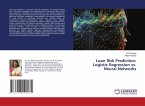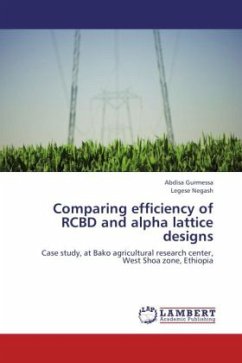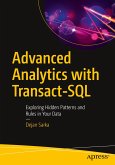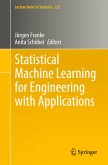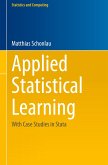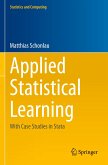Loan risk assessment plays a pivotal role in the financial industry, and predictive models are essential for making informed lending decisions. This research project delves into the domain of loan risk assessment, a critical aspect of the financial industry, by proposing an innovative approach utilizing the Feed Forward Neural Network (FNN) algorithm. The primary focus is on comparing the efficacy of the FNN algorithm with the widely adopted Support Vector Machines (SVM) for loan risk prediction. The objective is to assess the FNN algorithm's effectiveness in predicting loan defaults, aiming for a comprehensive understanding of its performance in comparison to SVM. The results obtained are promising, indicating the superior accuracy of the FNN model compared to SVM. This highlights the potential of the FNN algorithm in revolutionizing loan risk assessment. Our findings underscore the importance of leveraging AI and ML, specifically neural networks, to enhance the accuracy and reliability of loan risk prediction systems. The FNN model's impressive performance positions it as a game-changer in the field, offering enhanced accuracy and reliability in loan risk prediction systems.
Bitte wählen Sie Ihr Anliegen aus.
Rechnungen
Retourenschein anfordern
Bestellstatus
Storno



